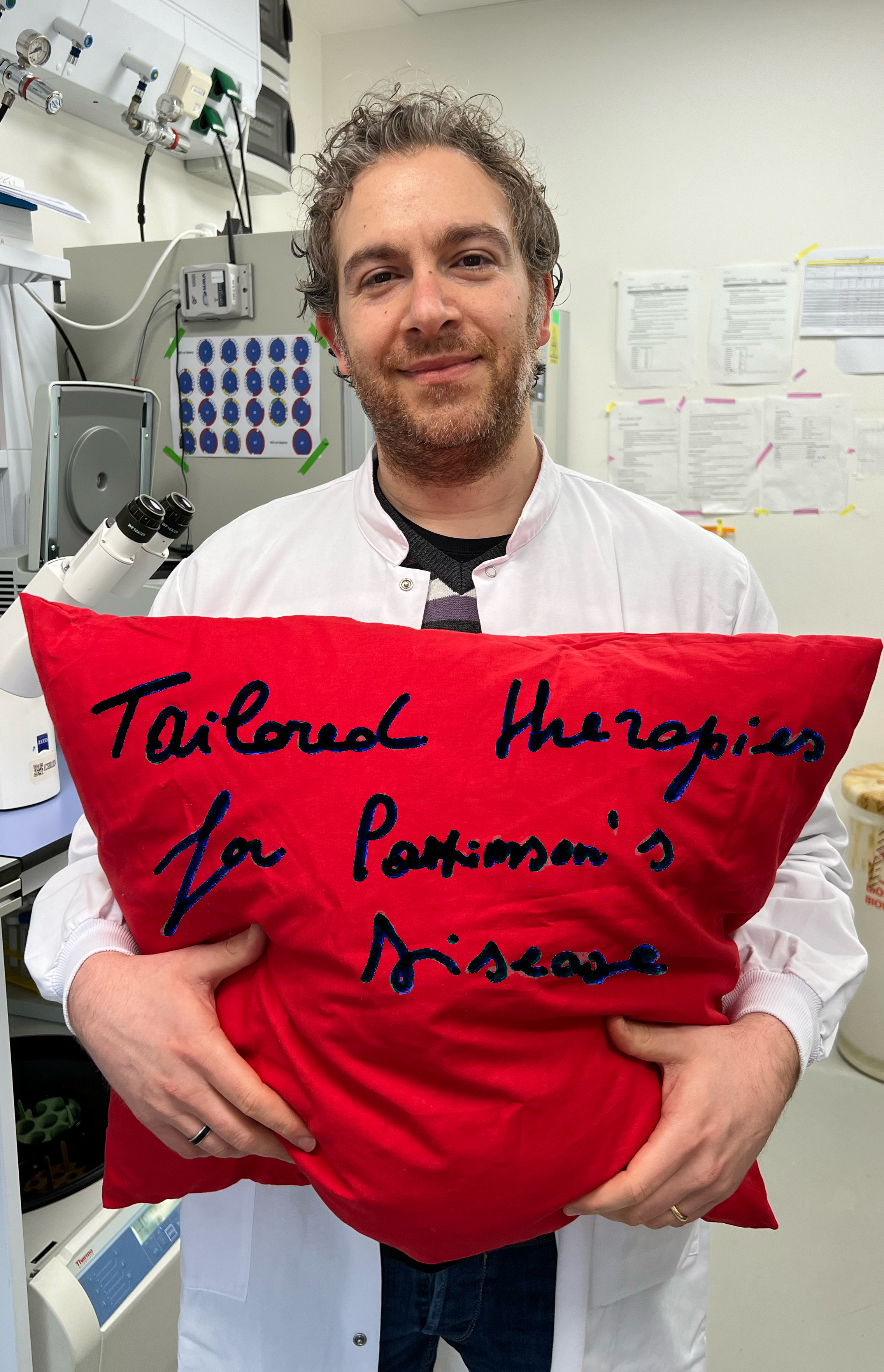
I started my academic career in Italy with a PhD on the role of mitochondria in Parkinson's disease, having been attracted to the subject after meeting a renowned professor in the field who had discovered a gene mutated in familial forms of the disease. I then continued my research into mitochondria, the organelles that produce the energy of the cell, this time focusing on cancer. Here I had the opportunity to work in some remarkable places in France, including the Institut Pasteur in Paris and the Gustave Roussy Hospital, the largest cancer centre in Europe.
After my time in France, I came to Luxembourg in 2019, where I went back to my roots and immersed myself in Parkinson's research again. My main research goal was to see if we could identify a subgroup of patients based on their mitochondrial genetic risk, in order to lay the groundwork for targeted interventions. Although there have been clinical trials targeting mitochondria, they have all been unsuccessful, probably because only a subset of patients have mitochondrial dysfunction and therefore respond to treatments that target these organelles. Now that we can identify people at risk of mitochondrial defects based on their genetics, I'm hopeful that treatments that specifically target mitochondrial dysfunction will be successful in tailored clinical trials.
At the same time, I'm studying the complex interplay between Parkinson's and type 2 diabetes, two diseases that appear to share common molecular changes. My journey underlines the multifaceted nature of Parkinson's disease - a mosaic of different subtypes that highlights the need for patient-tailored solutions.




